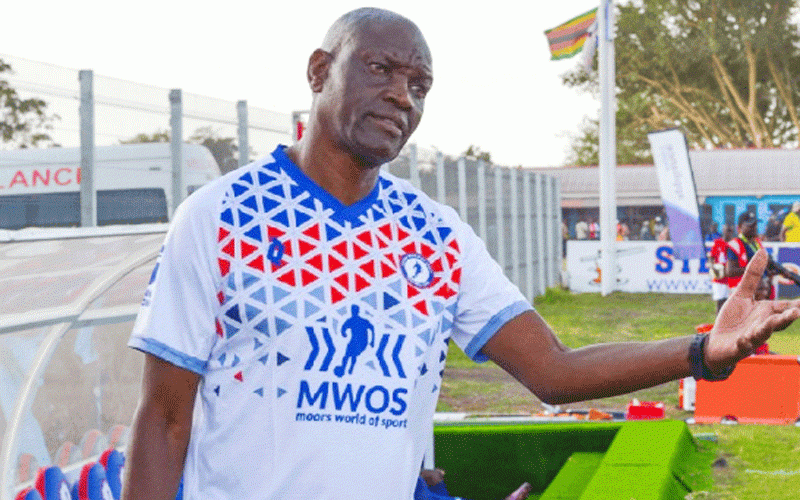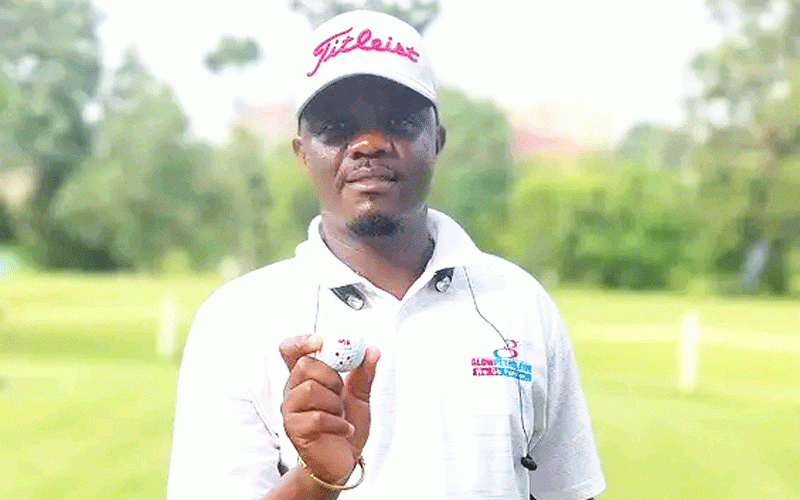
school of sport:with TIM MIDDLETON
Sportsmen are often branded or caricatured as being not entirely academic, so maybe there might be some excuse if they are a little confused between the words “competitive” and “comparative”; there is, after all, not much difference in spelling between them! It is the same if we look at the phrases “rapid response” and “rabid response”; in spelling there is little difference though in meaning there are world apart! We would not doubt welcome a rapid response, but not a rabid one! The same is true of sportsmen being competitive and comparative. One is welcome; the other is not.
In golf, competitors score by comparing their scores to the “par” score. Par is the normal, expected, equal-to-standard score that we aim for. While in golf, in which our game is not actually affected by how someone else is playing, we may refer to our score in relation to par, it remains the other competitors that we have to beat, not par. We may win the tournament with a score over par and we may not win a tournament with a score well under par. Par is not the issue; if we focus only on par we may well be blind-sided. We become ‘com-par-ative’ instead of being competitive.
It was Jim Collins, in his book Built to Last, who defined comparison in such terms. “Comparison, a great teacher told me, is the cardinal sin of modern life.
It traps us in a game we can’t win. Once we define ourselves in terms of others we lose the freedom to shape our own lives.” In short, we lose the freedom to excel. If we just do enough to beat an opponent on the day, we will not improve. Collins explains firstly that comparison entraps us in a game we cannot win.
If we want to compare our work to someone else’s, to prove we are better, then we will never win, as there will always be someone better. Yes, we can find someone whom we beat, even though we ignore the many who beat us; furthermore, even if no-one is beating us now, someone will beat us sometime so we are only setting ourselves up for ultimate failure if that is the measurement by which we go. We may hold the school, provincial, national, world record but one day it will be beaten so we will no longer be the person we stated we were. We may beat everyone else in our class or our school or our province but the competition there may not be particularly strong. Such comparison does not help.
Secondly, comparison enslaves us in a cycle we cannot escape. Many years ago the popular comedy show Monty Python’s Flying Circus highlighted this thought in a wonderful way in a sketch called The Four Yorkshiremen in which the characters tried to outdo each other in telling how hard their backgrounds were; when one of them described what he had to do when he was young, the next one would say, “That were nothing” and proceed to describe a tougher experience, only for the next one to come in, it reaching the point where it was all utterly illogical, impossible and ridiculous.
Thirdly, comparison engages us in traits that cannot help. If we are better than someone else, there are two possible consequences — firstly, it may well lead us to become big-headed (and look at others as being “rubbish”) or worse, to become complacent, casual and under-perform in future. However, if discover we are worse than someone else, again there are two potential consequences — either we become down-hearted (not to mention envious) and defeated, so we do not bother trying, or we resort to cheating simply to be ‘better’ than the other player. Both are unhelpful scenarios.
- Chamisa under fire over US$120K donation
- Mavhunga puts DeMbare into Chibuku quarterfinals
- Pension funds bet on Cabora Bassa oilfields
- Councils defy govt fire tender directive
Keep Reading
Lastly, comparison entices us into attitudes that cannot grow. Like a child who wants to find out if he has beaten his friend in a test, sportsmen seem to be more concerned about what is defined as the “bragging rights” over their closest rivals — “as long as we beat so-and-so, we are okay.” Such an attitude is severely limiting and insular, purely justifying our ordinariness, average-ness.
There is no benefit whatsoever in being comparative, whether it is comparing one generation, one team, one school, one player to another; no gain comes from determining if someone is the “next Pele” or the previous great sportsman at the school. There is a danger that we become like an athlete who is so busy concentrating on beating one opponent on his shoulder that he fails to see another one sprint up on the inside — what he should be doing is running so fast through the line and wait to see if his performance is good enough to beat all others. Beating par is not the issue; being “com-par-ative” is not the answer. Be competitive, sure, but not comparative. That is not being rabid!
l Tim Middleton is a former international hockey player and headmaster, currently serving as the executive director of the Association of Trust Schools Email: [email protected].











